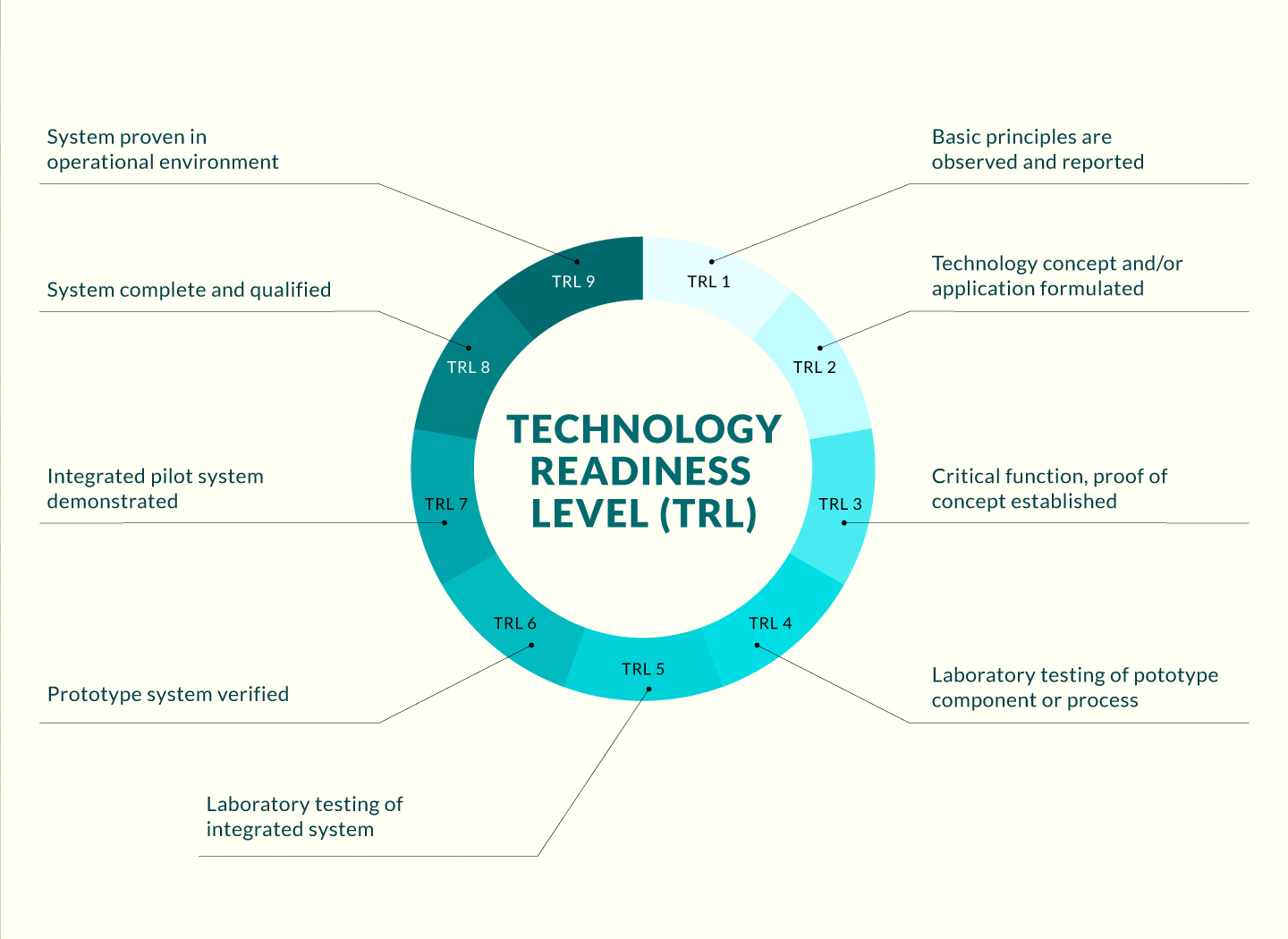
Opportunity
Currently, there is a lack of effective treatments for autosomal dominant diseases (i.e., diseases caused by a single inherited copy of a mutated gene), such as retinitis pigmentosa, which causes photoreceptor degeneration in the eye, leading to vision loss. Attempted approaches to treat autosomal dominant diseases by disrupting gene expression, such as mutation-specific gene knockdown or knockout, have led to off-target effects and are limited by the availability of specific sites for targeting in genes. Attempts to edit gene sequences enable precise mutation targeting but cannot adequately treat diseases caused by genes with highly heterogeneous mutations. Effective treatment options for autosomal dominant diseases are needed.
Technology
Researchers have developed an innovative genome-editing method based on the finding that the 5′ untranslated regions of genes can be targeted to insert, or “knock in”, a wild-type (i.e., normal) gene coding sequence upstream of the mutated sequence. This enables the expression of the normal rather than the mutated gene product (i.e., protein). This wild-type sequence can be “knocked in” to the genome by introducing to the affected cell a knock-in cassette containing the normal gene sequence with protein initiation and translation elements to enable expression of the normal protein. Insertion can be targeted precisely using CRISPR/Cas genome editing technology. This novel method was tested in mice with a mutated form of the RHO gene (which is linked to the eye disease retinitis pigmentosa) and shown to be effective.
Advantages
- Provides safer and more efficient gene insertion than existing gene therapy approaches
- Can be targeted to specific tissues/cells
- Overcomes issues of mutation heterogeneity
- Can be administered in combination with an additional therapeutic agent, e.g., chemotherapy, immunotherapy
Applications
- Treatment of retinitis pigmentosa
- Treatment of other autosomal dominant disorders, e.g., BRCA1/BRCA2 positive breast cancer, dominant blindness, and autosomal recessive disorders, e.g., cystic fibrosis, sickle cell disease



